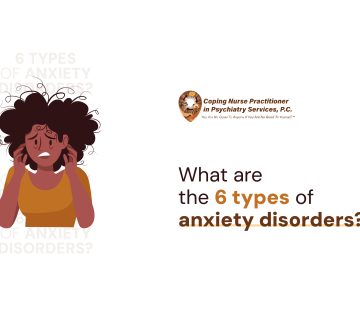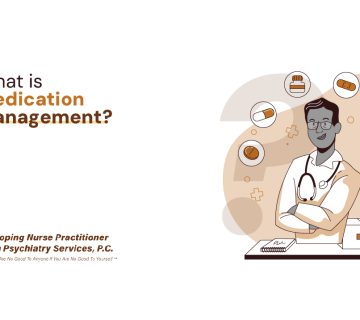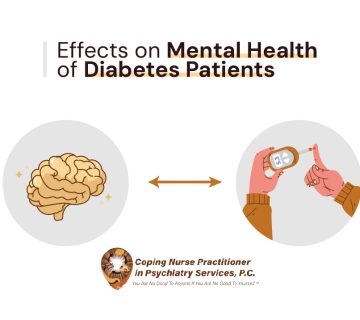What is psychotherapy?
Psychotherapy, also known as talk therapy, is a general term for treating mental health problems through speaking with a mental health provider. It can address a wide range of mental illnesses and emotional difficulties and aims to increase well-being and healing by working through problems.
Psychotherapy can be done in individual, couples, marital, family, or group settings.
What happens during a psychotherapy session
Think of each psychotherapy session as a problem-solving exercise. This is a time for you to describe what’s going on in your life and how you feel about it. It’s a psychotherapist’s job to take the information you give them and then find ways to help you resolve or solve the issue.
Psychotherapy offers you the chance to truly say what’s on your mind, without fear of judgment.
What can psychotherapy treat?
Psychotherapy can address many of the most common mental health problems, including anxiety disorders, obsessive-compulsive disorder (OCD), post-traumatic stress disorder (PTSD), depression, bipolar disorder, addiction, and eating disorders.
This type of therapy may also be helpful for those suffering from severe emotional disturbances, like schizophrenia and other personality disorders
The benefits of psychotherapy also extend beyond mental health. People dealing with stress, relationship issues, major life transitions, and grief/loss may find psychotherapy an effective choice.
Benefits
Psychotherapy succeeds when it helps people overcome the obstacles put up both by known or unexpected circumstances. Some of the benefits and outcomes that can come from psychotherapy include:
- Conflict resolution skill development
- Ability to regain sense of control
- Anxiety and stress management
- Developing coping skills when facing hurdles
- Understanding and identifying major life events that contribute to mental illness
- Learning healthy techniques for managing stress
- Improving problem solving skills
Many people benefit from pairing psychotherapy with other forms of psychiatric/psychological care, including medication.
How long should I need to have psychotherapy?
There is no set time for how long you need the help of a psychotherapist. Some people may need just one appointment.
Others, like patients suffering from depression or an anxiety disorder, may need multiple appointments as they work to resolve an issue or overcome the symptoms of mental illness.
Beyond that, some people may find comfort in the ability to maintain an ongoing relationship with someone who can provide support about their mental health.
To learn more about psychotherapy and how it may benefit you, book an appointment online or over the phone with Coping Nurse Practitioner in Psychiatry Services today.





No comment